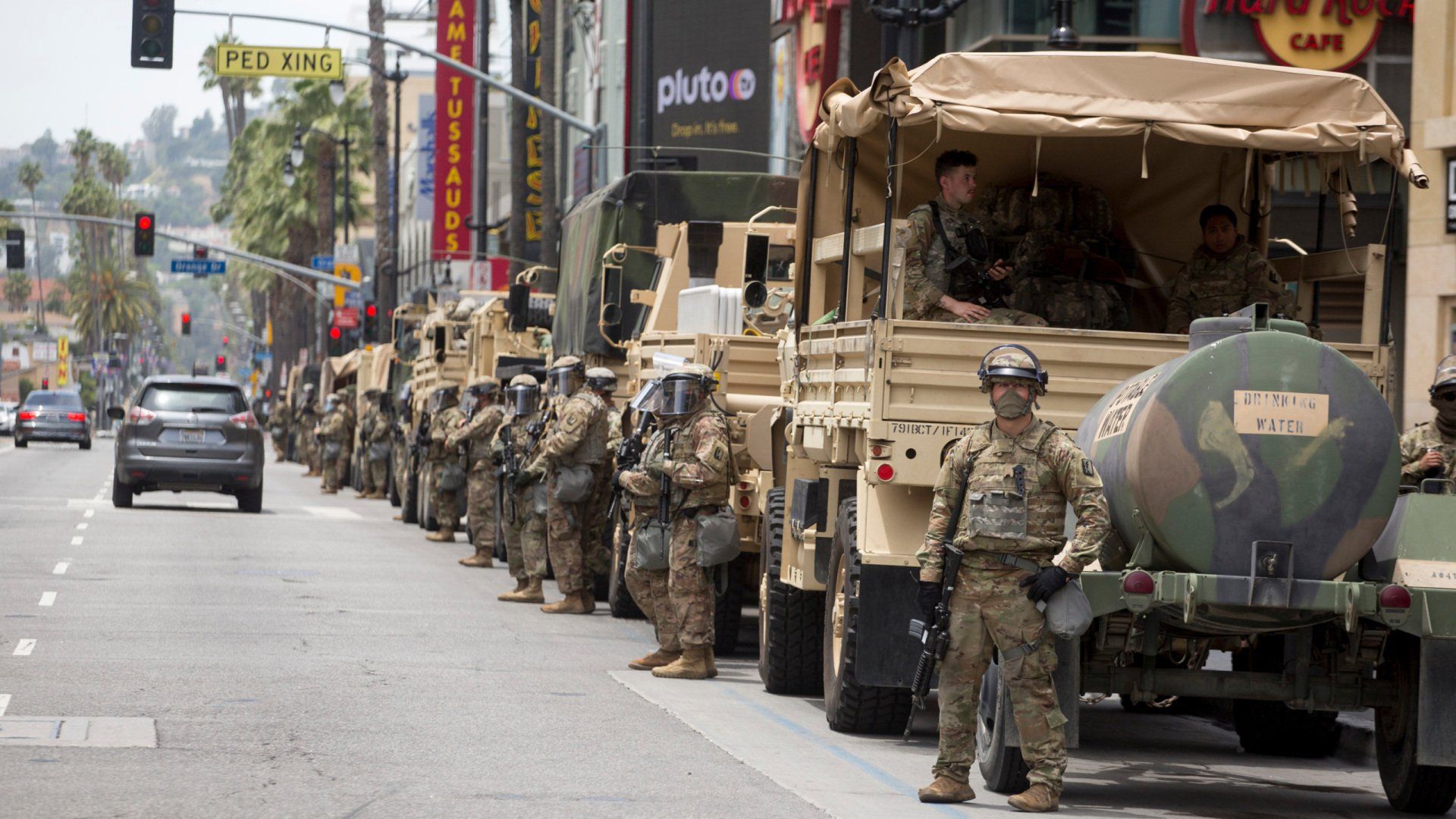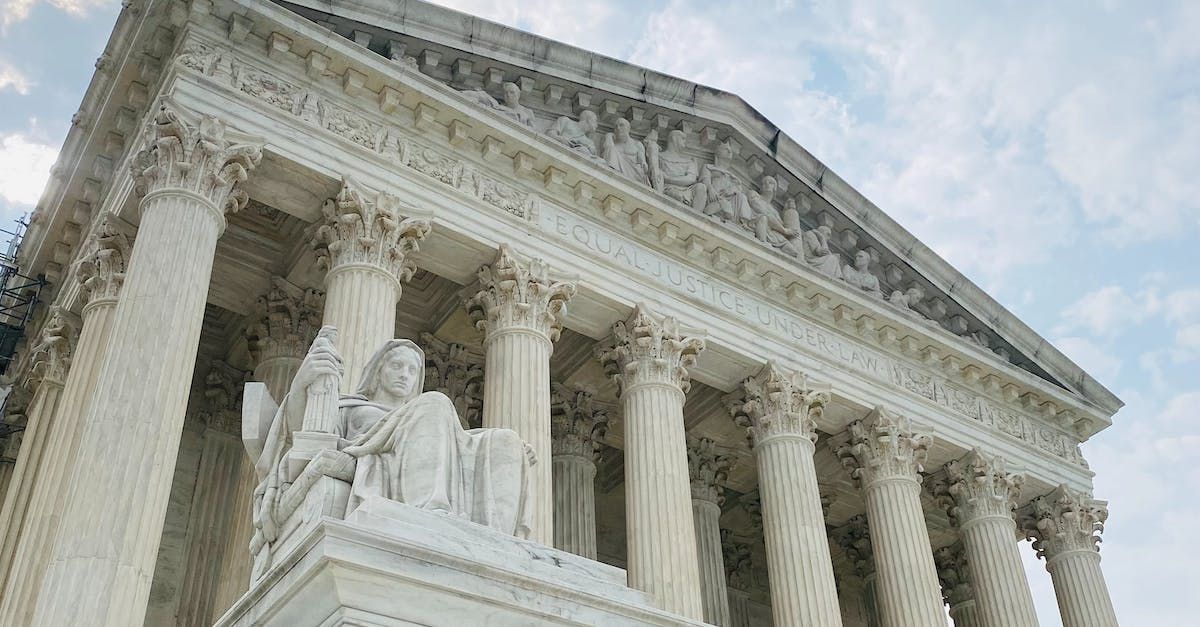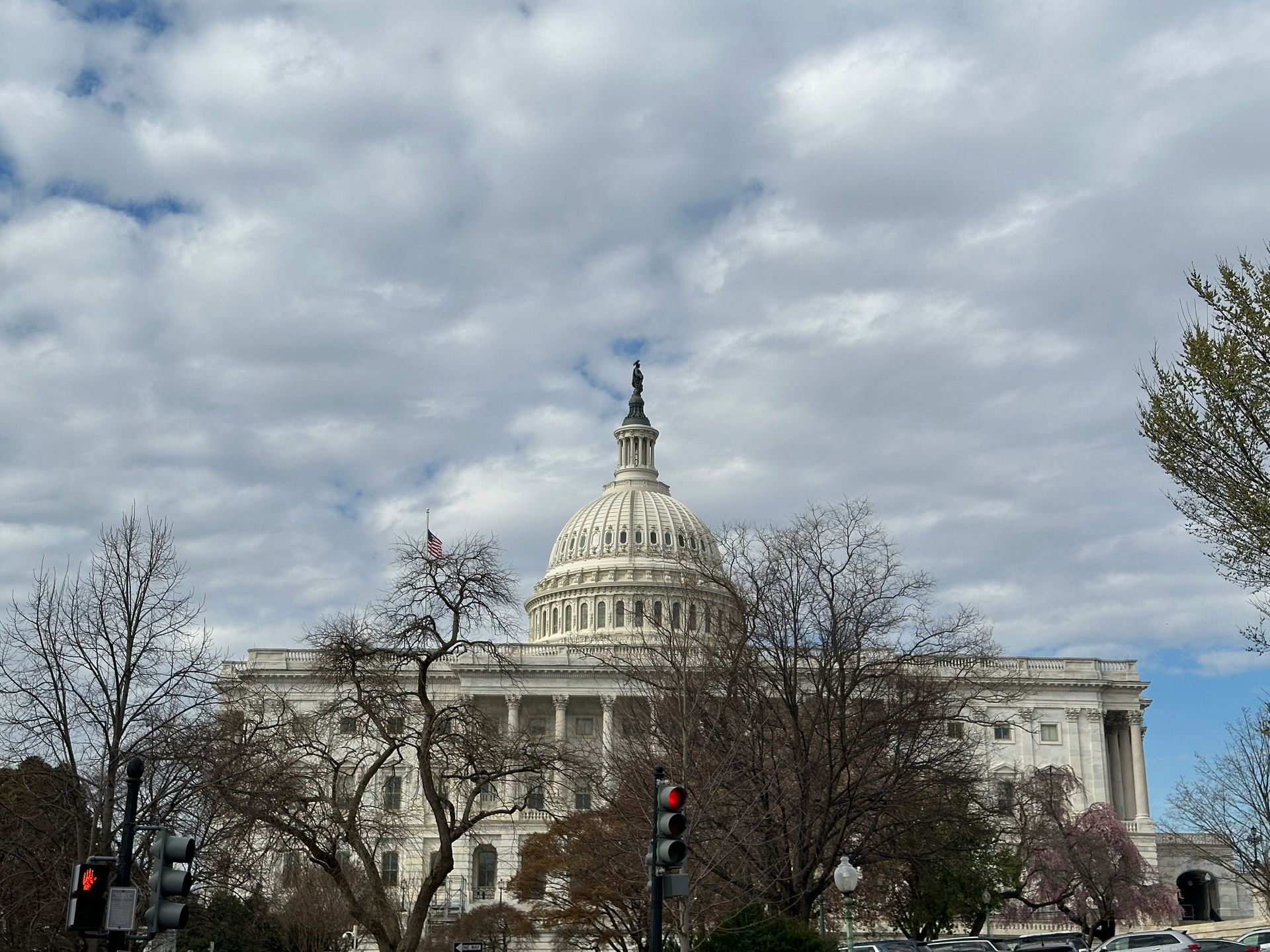Legislation
Area of Expertise
We specialize in Federal workplace matters affecting both Title 5 as well as Title 32 employees of the Department of Defense (DoD), including the National Guard.
Our Strategy
We work directly with our friends in Congress to secure legislation that protects the pay, rights, and benefits of our members.
Our Agenda
Local 1776's legislative agenda is focused on protecting the rights and benefits of Federal employees. As part of that agenda, Local 1776 has paved the way towards modernizing the National Guard civilian employee program.
Thanks to our lobbying efforts, these employees are now able to receive due process with the Merit Systems Protection Board (MSPB). We were also instrumental in the push to convert a portion of the work force from Title 32 to Title 5.
We have also fought to ensure employees are protected against general workplace discrimination, including discrimination due to age, sex/gender, religion, national origin, pay, and individual disability or medical condition to include pregnancy/childbirth.
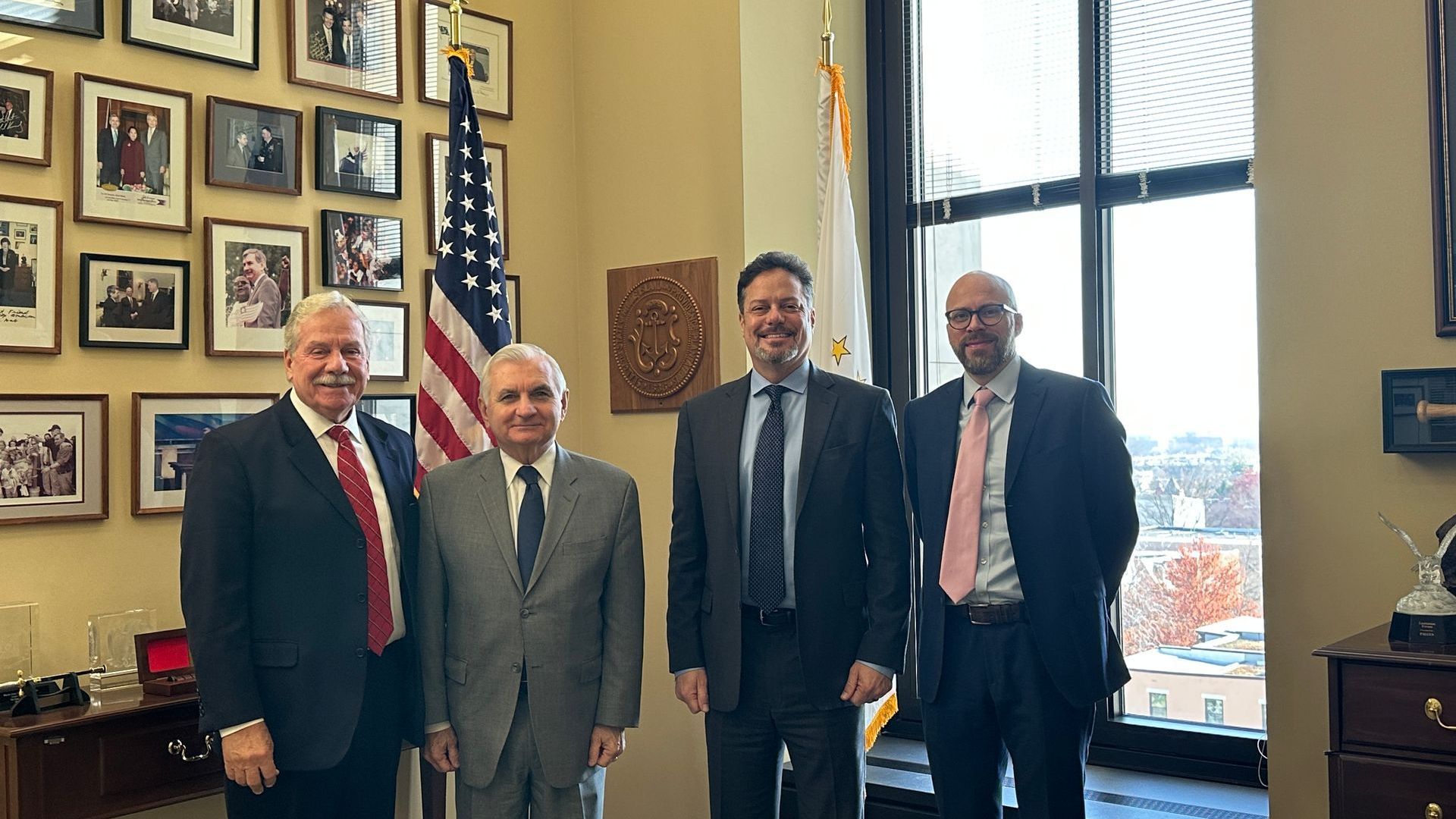
March 2023: Mr. Leo Gannon (left), his long-time friend, Senator Jack Reed (D-RI), LIUNA Local 1776 Business Manager Ben Banchs, and SASC Counsel Jon Clark.
Experience :
Legislative Director
LIUNA Local 1776
Apr 2019 – Present
Committee Member
Council on Foreign Relations (CFR)
Tampa Bay Chapter
2024-Present
Assistant Director
LIUNA
Jan 2013 – Feb 2018
Legislative & Government Affairs Director
LIUNA LECET
Jul 1996 – Dec 2012
Executive Director
LIUNA Institute for Training and Education
Aug 1995 – Jul 1996
President
Gannon Consultancy Group, Inc.
1992 – 1995
Rhode Island State Senator
Chairman Small Business Committee
Jan 1980 – Jan 1988
Education :
Harvard
MPA - Economics
University of Rhode Island
Masters - Urban Planning & Economic Development
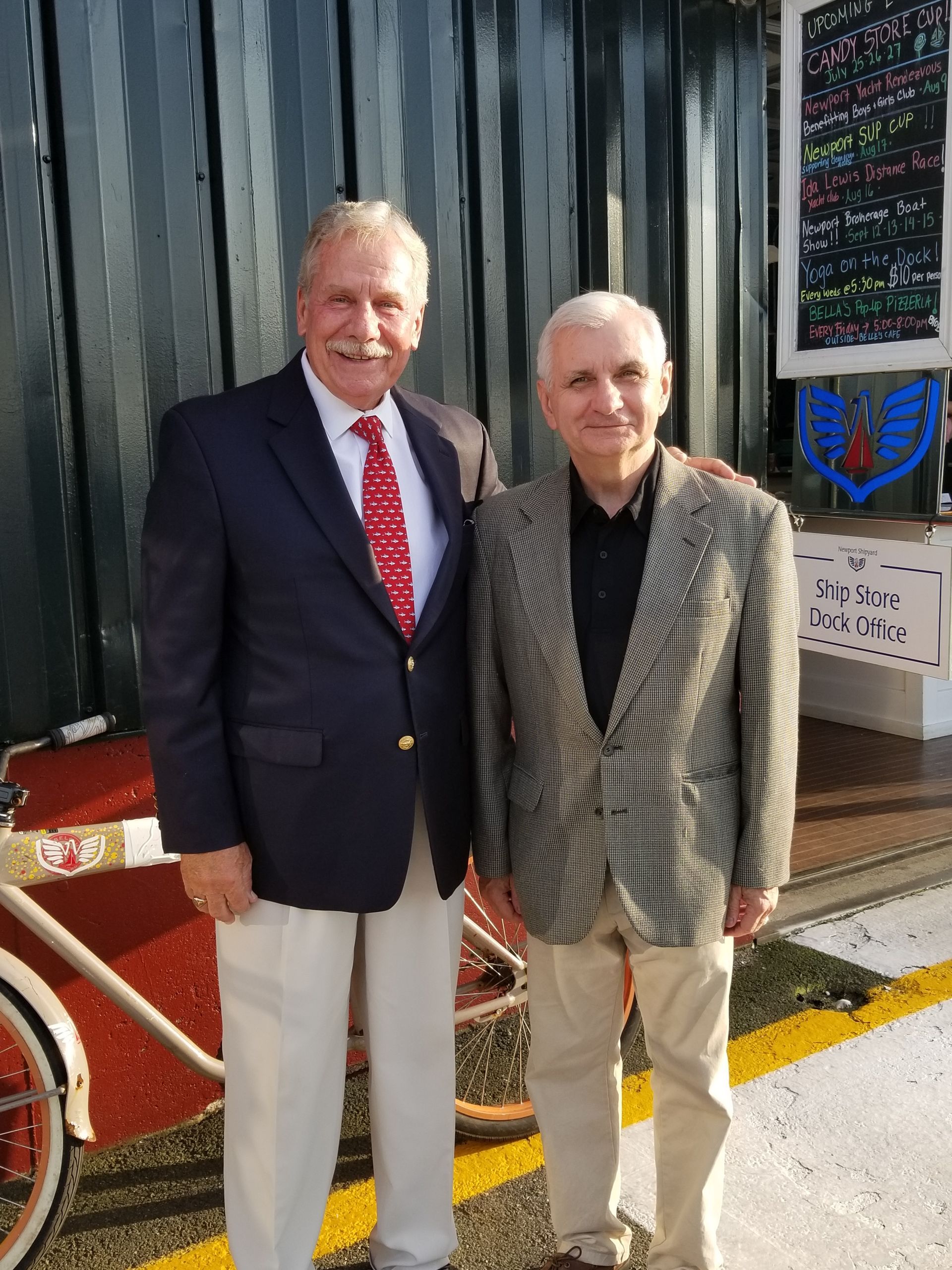
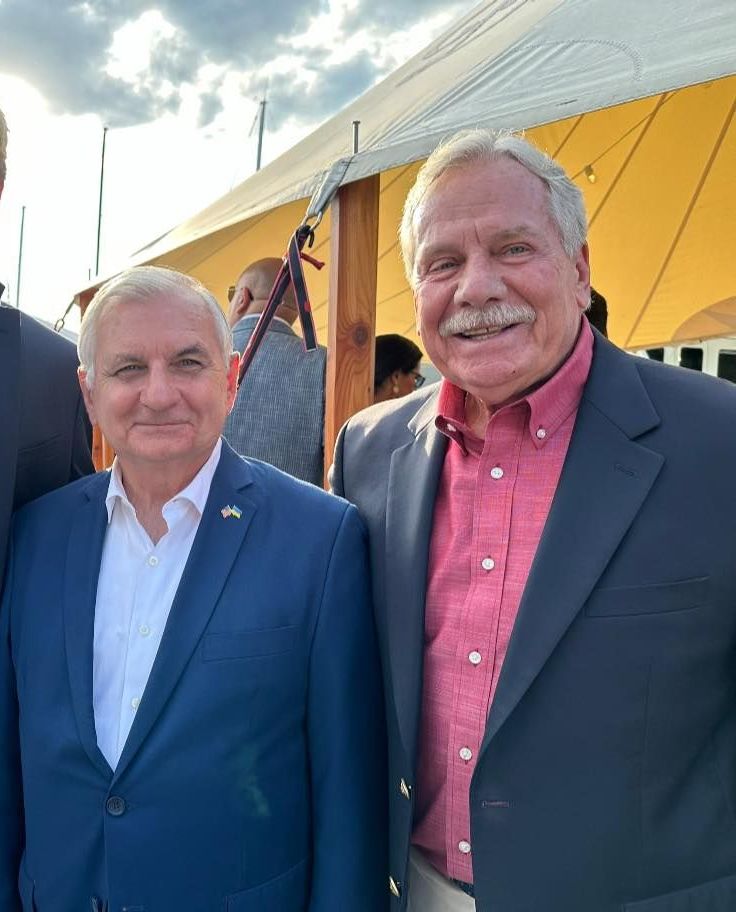
Leo Gannon
LIUNA Local 1776 Legislative Director
Email:
lgannon@local1776.org
Cell: (202) 431-5488
About Leo Gannon
Mr. Gannon has served as Local 1776's Legislative Director since April 2019, after retiring from LIUNA. Leo’s experience, expertise, and personal relationships with Members of Congress and our partners in the Labor Movement prove invaluable as we continue to protect Federal employee rights and push for improvements to the National Guard civilian employee program.
Prior to his retirement, Mr. Gannon worked directly with Local 1776 on legislative matters in his role as Assistant Director and Director of Legislative, Political and Governmental Affairs for LIUNA in Washington, DC. His work with LIUNA spanned nearly 25 years.
Mr. Gannon's involvement with Local 1776 was key to securing MSPB appeal rights, EEO protections, and the T5 conversion of National Guard technicians between 2015 and 2018. The passage of these milestone legislation reflected the first major changes to the antiquated National Guard Technician Act since its inception in 1968.
A Lifetime of Public Policy Experience
Mr. Gannon has been involved in public policy his entire career. In addition to Federal employee and National Guard issues, Leo was engaged in Transportation/Infrastructure Re-authorization, the Water Resources Development Act, Comprehensive Immigration Reform, and the Affordable Care Act. He has also been involved in the development of all facets of surface transportation, aviation, and railroad funding, including Public-Private Partnerships. He also worked on water and wastewater financing, Superfund/Brownfields, EPA regulations, infrastructure financing and related construction market and regulatory issues.
Mr. Gannon has also testified before Congress and various state legislatures and presented testimony in Ontario, Canada. He was also an Executive Board Member of the High-Speed Ground Transportation Association (HSGTA) and toured Europe's high speed rail systems, including Maglev in Germany.
His previous executive positions include: President and Chief Executive Officer of the Gannon Consultancy Group, Inc.; an Executive for a national construction management corporation; and, Director of Business Development/Marketing for international architectural and engineering firms. He has also served as an Executive Director for a City Planning Department, a Redevelopment Agency, and Housing and Urban Development Programs.
In addition to his work with Unions and the private sector, Mr. Gannon served four terms as a Rhode Island State Senator; Chaired the Senate Business Committee; served as a Member of the Rhode Island Health Services Council and the Coastal Resources Committee; served as Executive Board Member of the National Conference of State Legislators (NCSL); served as a Delegate to the National Democratic Convention-Rules Committee; and, taught graduate programs in political communications at Emerson College in Boston, MA. He is also a Committe Member of the Tampa Bay Chapter of the Council on Foreign Relations (CFR).
Mr. Gannon is a graduate of the University of Rhode Island and Harvard University. He and his lovely wife Elizabeth reside in Florida.


